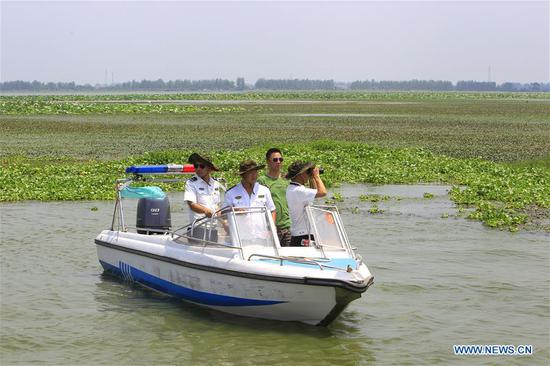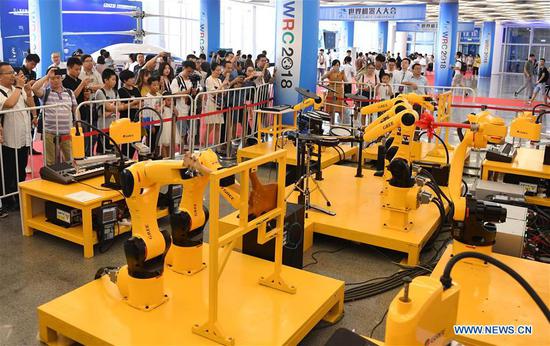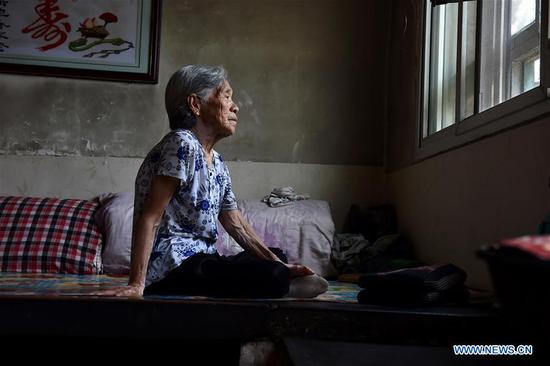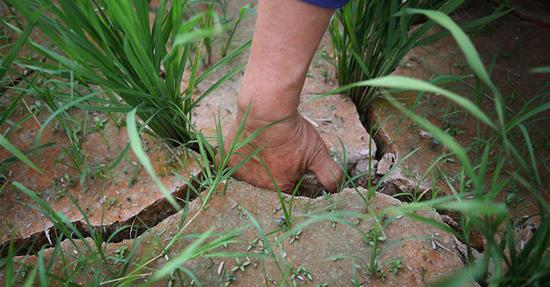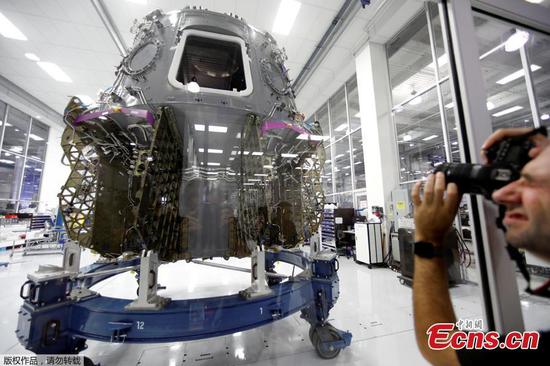A screening test for cervical cancer developed by Chinese scientists has been approved by the World Health Organization, and is expected to benefit more women in low- and middle-income countries, People's Daily reported.
The careHPV test, a "faster and cheaper screening method", will contribute to eliminating cervical cancer — the second most prevalent cancer for women in less developed regions — in the world, said Qiao Youlin, an epidemiologist who headed research on the development of careHPV.
Designed by Qiagen in Germany and manufactured by Qiagen Shenzhen (China), the careHPV test was proved to be accurate, fast and reproducible after clinical trials in 2007.
The test is simple to administer compared with other screening methods, according to Qiao.
It can be carried out without running water and electricity, and rural medics can perform it with minimal training. It remains stable at room temperature for two weeks after being opened.
WHO data shows cervical cancer represented 7.5 percent of all female cancer deaths in 2012. Of the estimated 270,000 deaths from cervical cancer every year, more than 85 percent occur in less-developed regions.
WHO data also shows 40 to 50 percent of women in developed countries receive HPV screening every year, while the number is 5 percent for those in underdeveloped regions.
Qiao said although the pap smear test combined with hybrid capture 2 test is in theory the best screening method for HPV infection, one such test costs more than 500 yuan ($72), a heavy financial burden for women in underdeveloped regions.
The careHPV test is projected to be priced at around 40 yuan per dose for developing countries.









